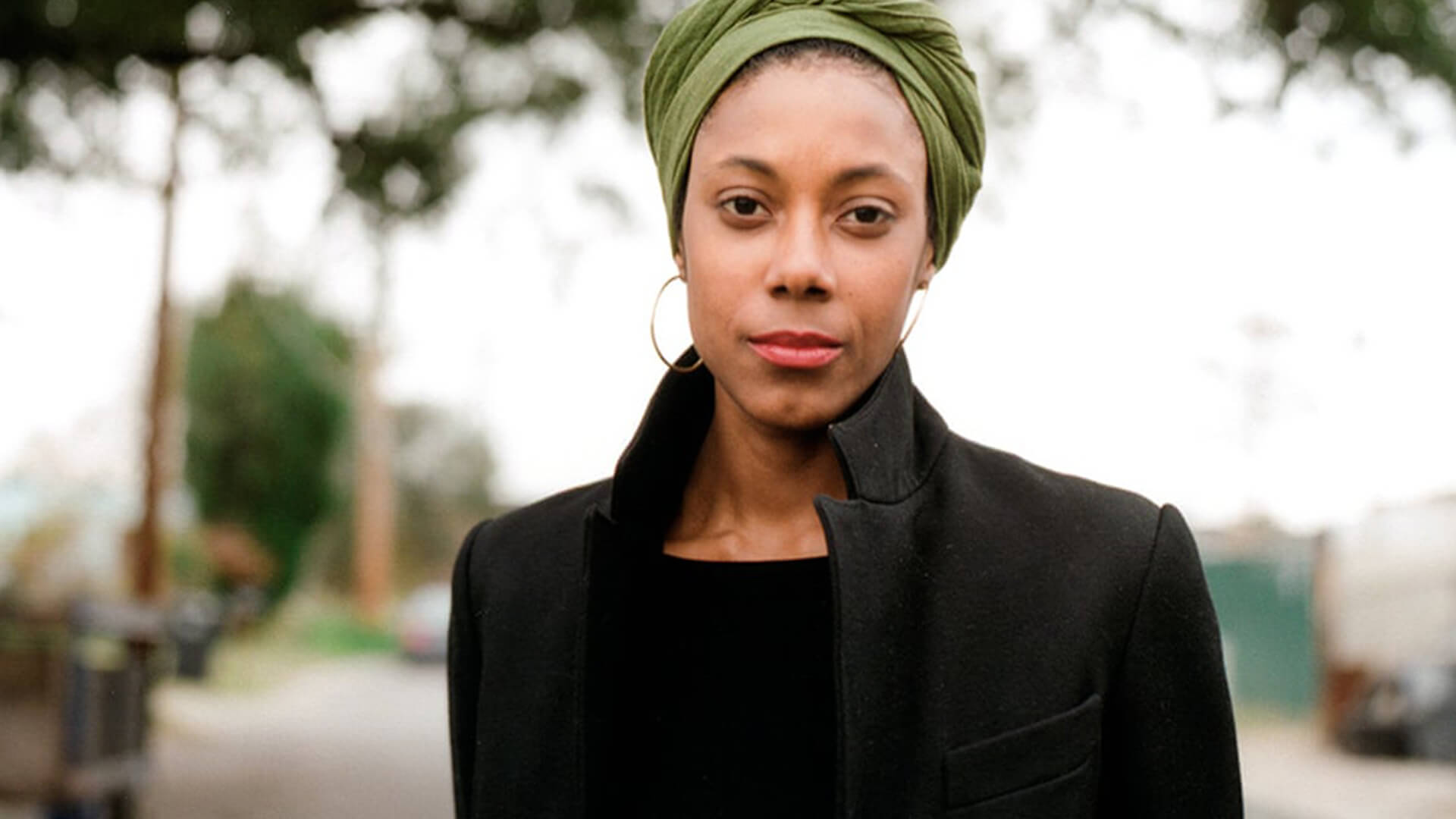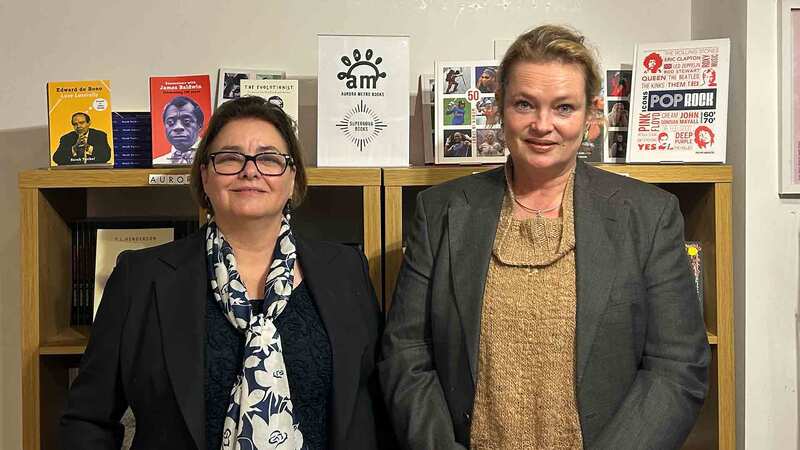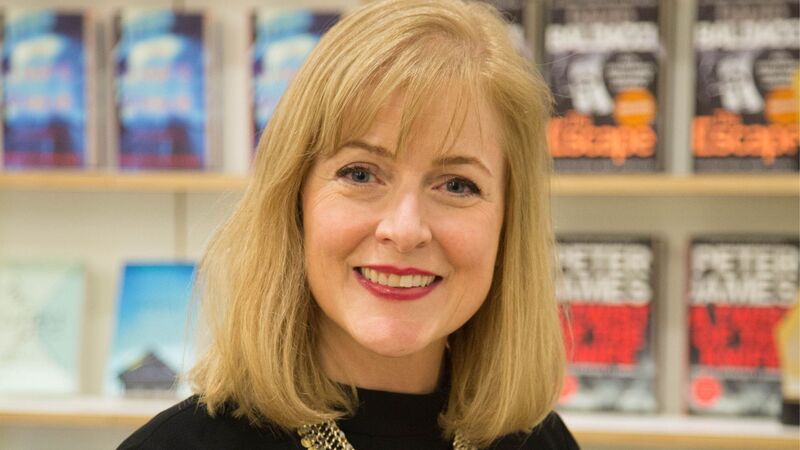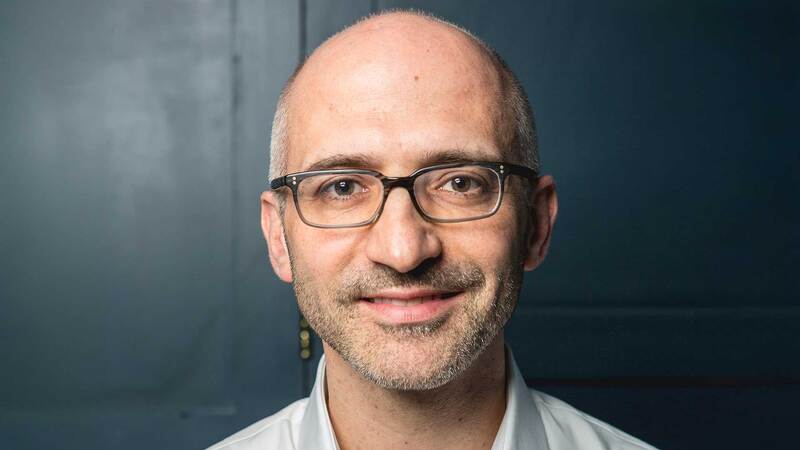A solid foundation: the Whiting non-fiction grants come to the UK
The Whiting Foundation’s Courtney Hodell and Daniel Reid talk about the grant-makers first-ever expansion into Britain.
A US scheme which annually awards a series of $40,000 (£29,500) grants to writers of creative non-fiction is being made available to British authors for the first time.
The Whiting Creative Nonfiction Grant had previously been given each year since 2016 to eight American authors with book projects “requiring significant investments of deep and focused thinking, research, and writing”. The 2022 grants, which launched this week, will be expanded to 10 writers with Britons and Canadians able to apply for the first time. To be eligible, an author must have a signed contract from a US, UK or Canadian publisher.
Past Creative Nonfiction recipients who have seen success with their projects include Sarah M Broom, whose The Yellow House won the 2019 National Book Award; George Packer, whose 2019 biography of diplomat Richard Holbrooke, Our Man, was a Pulitzer Prize finalist; and Akash Kapur, whose 2021 outing, Better to Have Gone was named a best book of the year by the New York Times. The grants are one of the strands of the Whiting Foundation, the New York-based philanthropic organisation which has been funding across the humanities since its founding in 1973.
Courtney Hodell, the Whiting Foudation’s director of literary programmes, says since its inception the Creative Nonfiction Grant has “helped 45 writers get closer or across the finish line for their projects and we get a little glow about that”.
On opening the grants up further, Hodell says: “Writing is not limited to this country [the US] and need isn’t limited to this country. We’re very curious about voices and ways of approaching creative non-fiction in other places. One of our trustees for the foundation is [British American historian] Amanda Foreman. She’s highly interested in different expressions of creative non-fiction in different cultures. I think we all need perspectives on the problems and questions that trouble and intrigue writers in other cultures and how they take a run at those problems.”
The foundation was set up at the bequest of Flora Ettlinger Whiting two years after her death. Whiting was a patron of the arts and a collector who had a keen interest in writing and scholarship. Professionally this included being a longtime board member of Cromwell-Collier, the magazine publisher most famous for producing the investigative journal Collier’s which was also a key player in American literature from its founding in the late 19th Century to its closure in 1957, publishing the likes of Willa Cather, F Scott Fitzgerald, Sinclair Lewis and Ray Bradbury. Whiting was also a canny investor—she got in on the ground floor of the company which would eventually become IBM—endowing the foundation with $10m at its launch, the equivalent of about $75m in today’s money.
In its early years, the foundation concentrated on funding humanities academics with its Whiting Dissertation Fellowships but in 1985 moved into creative writing, starting with its Whiting Awards, annual grants of $50,000 given to 10 emerging writers across fiction, non-fiction, drama and poetry. There has been a pretty good strike rate in picking out future stars as past Whiting Award honorees read like a who’s who of contemporary American letters such as David Foster Wallace (‘87), Colson Whitehead (‘00), Elif Batuman (‘10), Ocean Vuong (‘16) and Esmé Wang (‘18).
Hodell and executive director Daniel Reid joined the foundation in 2013 with a remit to ramp up and broaden its activities. Reid says: “The organisation had been going for three decades and that’s a long time for grant-makers and they thought that some of the programs weren’t meeting current needs. So they decided to sunset the Dissertation Fellowship which was a partnership with elite [universities] which no longer reflected where the graduate students’ needs were nor really reflected the funding landscape.”
Essentially, the foundation decided to professionalise itself as there was previously no permanent staff with decisions made by consultants. Reid says: “The consultants were excellent at decision making, but what it resulted in was a sort chequebook format. It was great a recognising [writers’] needs, there were good social practises but after writing the cheque it would end with little publicity around the grant. So the board thought it would be helpful if this were a real organisation that had professional standards to go beyond just simply identifying who we’re going to be writing a cheque for.”
Hodell and Reid brought in a whole raft of initiatives and gave more depth to existing ones. For the Whiting Award, for example, Hodell implemented a professional development scheme, financial literacy training and various other ways of helping the grantees beyond simply receiving funds. Other new initiatives launched under Reid and Hodell’s stewardship include the Whiting Public Engagement Fellowship, which funds humanities scholars’ public-facing projects; the Whiting Literary Magazine Prizes, a three-year cycle of grants to arts and culture journals; and an international strand which gives monies to help preserve cultural heritage that’s under threat; for example, it it is supporting a digitisation project for ancient manuscripts in post-ISIS occupied northern Iraq.
Though non-fiction writers have always been part of the Whiting Awards, the Creative Nonfiction grants were set up as something of a corrective, says Hodell. “Non-fiction has always had less awards space than other genres,” she says. “And that’s always mystified us a little bit because deeply researched non-fiction is crucial to the culture, it identifies who we are, who we might be and the real problems that confront us and the ways that we might look at them. The soul of a culture is non-fiction.
“Also, non-fiction is expensive to write. Expensive in time, expensive in resources. And so often writers wind up in essence picking their own pockets as publishers can’t always afford to pay the advances that would help people just devote all their time to writing a very complicated, sprawling work.”
If one looks at the honourees from the Whiting Awards you can see the cohort becoming more diverse, particularly since the Noughties. Has that been a conscious strategy? Hodell says: “We want to represent the whole spectrum of writers and meet need where it exists. But we we don’t have quotas of any kind in our grant making. But what we put a very conscious effort into was reaching out to more diverse nominators and more diverse judges, and that’s where diversity comes from.”
An obvious last question: will Whiting roll out further grant opportunities to UK writers? Hodell says: “Well, we’re taking the steps we can. We’re still small, only a full-time staff of four. So we’ll be trying to do really judicious, generous grant-making with very little overhead. We’ll be making $2.5 million worth of grants next year, for example. So with our expansion we’re moving slowly but with great excitement. We cannot wait to meet the non-fiction UK writers and see what they’re up to.”











